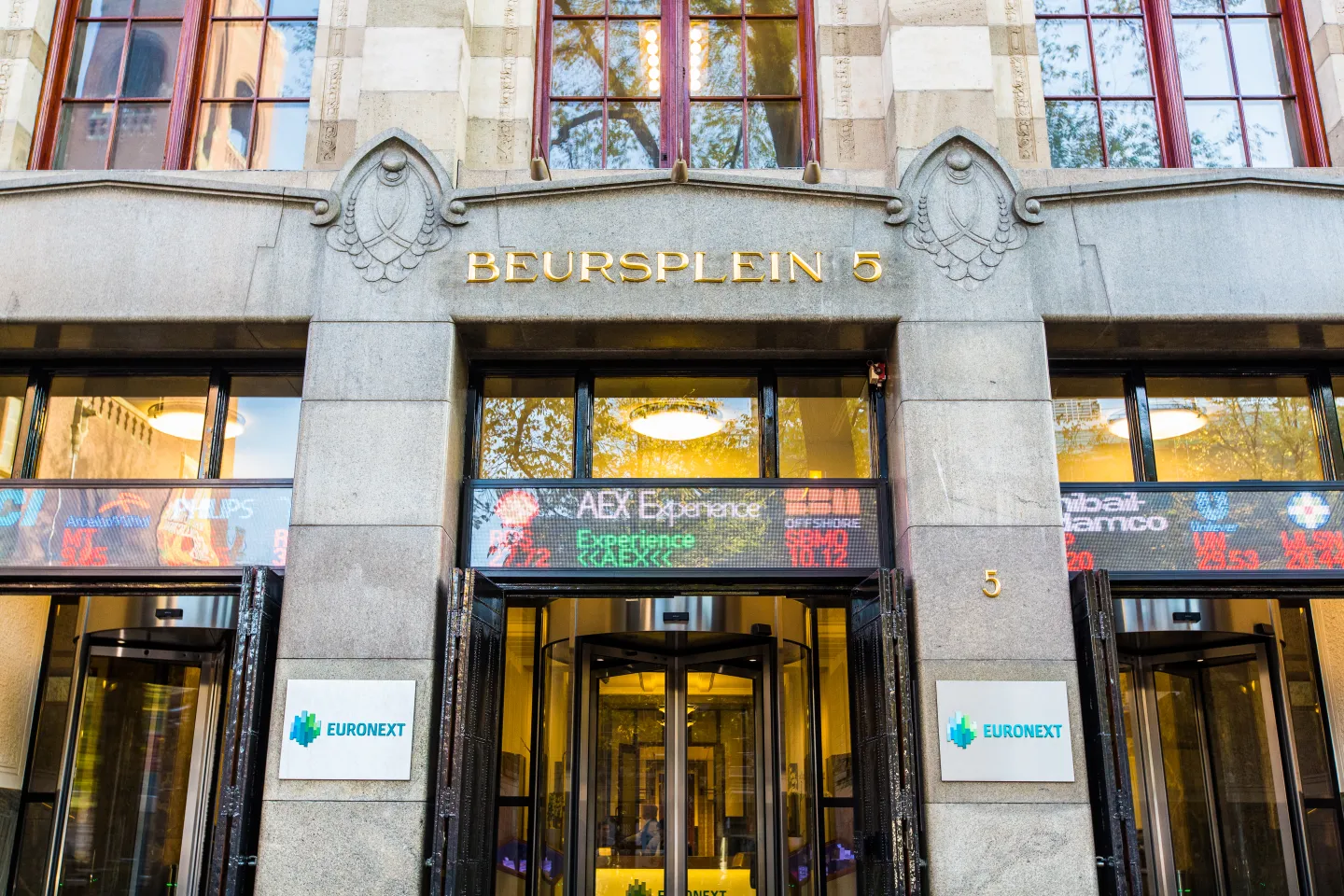Dutch DCM Forum: Bringing a green bond to the market
11/09/2024
Join us for a roundtable lunch hosted by Euronext, dedicated to advancing sust
- Seminar
- Netherlands
Investor Conference - virtual format
09/09/2024 - 11/09/2024
World-class Italian listed companies meet with domestic and international investors to disc
- Conference
- Italy
Investor Conference | Focus on Infrastructure & Energy
12/09/2024
Borsa Italiana will hold an “Infrastructure & Energy Day” held in-person at Palazzo Mez
- Conference
- Italy
The impact of ESG disclosure on ratings and indices
13/09/2024
This webinar will focus on the impact of ESG disclosure on ratings and indices, providing e
- Webinar
- Italy
Circular economy and new solutions for carbon capture
12/09/2024
The event will focus on the latest opportunities and challenges for utilities and infrastru
- Workshop
- Italy
ESG investing: from a global perspective to thematic investment
10/09/2024
This webinar examines the latest developments in ESG investment approaches.
- Webinar
- Italy
ESG Investing Insights: Exclusive Interview with Norges Bank Inve
09/09/2024
Join us for an exclusive webinar featuring an in-depth interview with the largest European instit
- Webinar
- Norway
Beyond CSDDD: adopting and executing a sustainability sourcing an
11/09/2024
Join our insightful virtual round table to explore the crit
- Workshop
- Italy
Sustainable Trading Roundtable
11/09/2024
Sustainability and the Growth of European Markets
- Webinar
- United Kingdom
What's next on the Commission's Sustainable Finance Agenda?
10/09/2024
Join us for an insightful webinar on the future of sustainable finance in the
- Webinar
- Belgium









